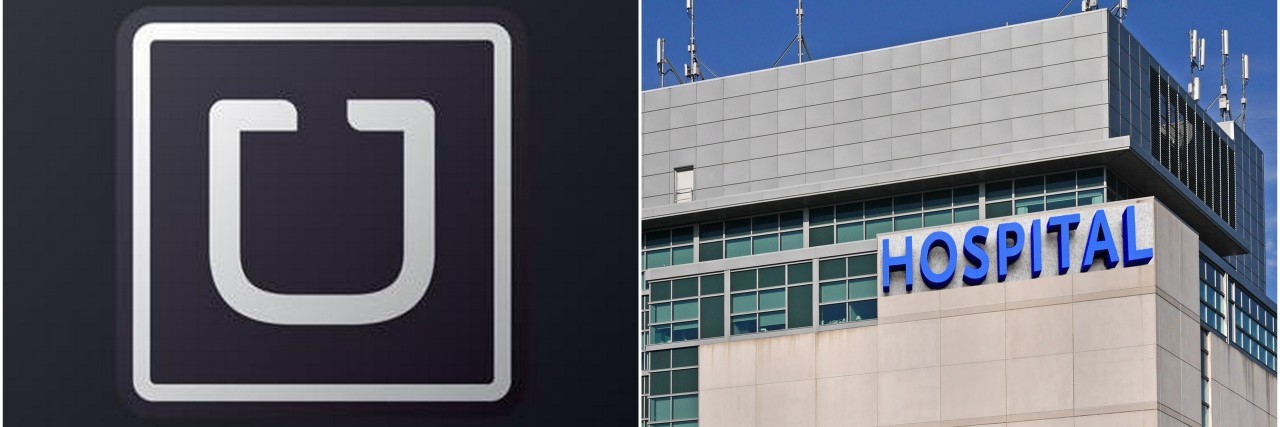Uber has already brought ride-sharing services to food delivery through Uber Eats and to companies though Uber Business. On Thursday, it launched its latest initiative, Uber Health, a platform to schedule rides for patients to and from medical appointments.
Uber Health allows medical staff at clinics, hospitals and other facilities to request a ride for a patient to bring them to an appointment, as well as request rides to take patients home. Rides can be scheduled up to 30 days in advance.
The patient does not need to have the Uber app. Rather, Uber Health is accessed by medical staff through a web dashboard, where they can input the patient’s name, phone number and pick up/drop off locations, and select a vehicle type. The patient then receives a text message alerting them a ride has been booked, a terms-of-service link, who will be picking them up and when, a contact number and a link to a web-based map showing where the driver is. Medical staff can also give patients a print-out that includes the driver’s car color and license plate number if they’re booking them a ride from the office to their home. A voice-based system for landlines and non-smartphones is in the works.
Uber charges medical providers the cost of each individual ride. Jay Holley, head of partnerships for Uber, told The Atlantic he wasn’t aware of any Medicaid or insurance plan that was reimbursing for Uber rides and that many medical facilities using the platform are paying for the rides of out of their own budget since it is cheaper than the cost of missed appointments.
Holley also noted it’s up to doctors to determine if the patient is well enough to take an Uber instead of an ambulance; and if an emergency happens during the ride, the driver should call 911.
The platform is HIPAA-compliant and has more than 100 health providers signed up already since it began beta-testing last summer.
Many people have already begun turning to ride-sharing services like Lyft and Uber for their health needs. A study by researchers at the University of Kansas and Scrips Mercy Hospital found that after Uber is introduced in a city, per capita ambulance volume reduces by at least 7 percent. Researchers hypothesized this was mostly due to the lower cost and ability to select which hospital or medical facility you want to go to.
However, the possibility of taking an Uber to and from medical appointments could open up additional concerns from patients. Mighty contributor Dani S. told The Mighty that Uber Health sounded like a good idea and that he typically uses Lyft to get to appointments. But there are often issues with accessibility — for example, when the car is difficult to get into or not wheelchair accessible, or when drivers use a perfume or air freshener that causes headaches.
Dani suggested Lyft and Uber create an option where the rider can state accessibility concerns — such as a need for help with groceries or bags, mobility devices, service dogs and emotional support animals — not only for health rides but for all rides.
“Ultimately speaking, it’s nice they want take use to appointments. But I want to go other places too and I have trouble driving,” Dani said. “Many transportation companies that specifically serve disabled people don’t allow for spontaneity when planning trips, and disabled and chronically ill riders deserve the same pleasant experience as other ride share customers.”
Currently, Uber’s accessibility policy states that drivers must comply with all applicable state, federal and local laws governing the transportation of riders with disabilities, and drivers are expected to accommodate riders using mobility devices “to the maximum extent feasible.” Drivers are prohibited from denying rides due to the passenger having a service animal. Drivers and riders who are deaf can also turn on features designed to make the app easier for them to use.
UberWAV connects riders with drivers who have a wheelchair accessible vehicle and is available in some cities. However, people with disabilities don’t always see these policies in action — in 2016, disability advocates in Chicago sued Uber over its lack of accessible vehicles.
Getty photo by peterspiro

